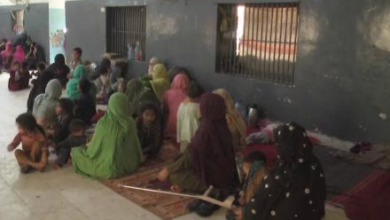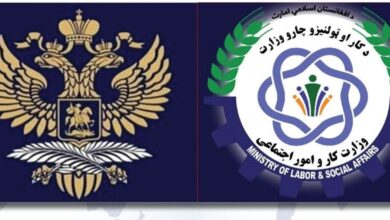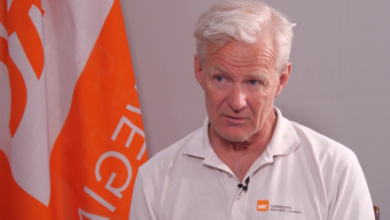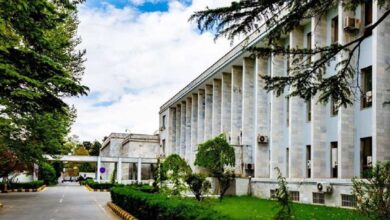UNICEF Implements 157 Drinking Water Projects in Afghanistan This Year
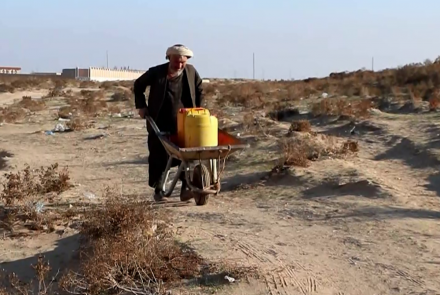
The United Nations Children’s Fund (UNICEF) has announced that since the beginning of 2024, it has implemented 157 drinking water projects in Afghanistan.
According to the organization’s spokesperson, these projects have provided access to clean drinking water for over 633,000 people.
Omid-ur-Rahman Fazel, UNICEF’s spokesperson in Afghanistan, said: “We have built 157 water supply networks in Afghanistan, all of which operate using solar energy and gravity, providing around 633,000 people with access to clean drinking water.”
Consecutive droughts and declining groundwater levels across various parts of the country have posed serious challenges to the lives of citizens.
Yadgar, a resident of Jawzjan province affected by the droughts, says he spends 200 Afghanis (almost $3) daily to buy water.
He told : “We face water shortages here. We spend 100 to 200 Afghanis daily to buy water. We urge the government to provide us with water.”
Azizullah, another resident of Jawzjan, added: “We pay 20 Afghanis for three barrels of water. Some days we can afford this, and some days we can’t. Our request is for cooperation in gaining access to water.”
In the meantime, the head of the United Nations Assistance Mission in Afghanistan (UNAMA) has warned that Kabul’s groundwater resources might be completely depleted by 2030.
Presenting her fourth quarterly report to the UNSC las week Rosa Otunbayeva said: ” In Kabul city with a population over 5 million, available groundwater may be completely depleted as soon as 2030. These pressures ultimately have the most drastic impacts on women and children.”
Despite these warnings, officials of the Islamic Emirate have announced plans to address the water shortage crisis, including the construction of canals, check dams, and large reservoirs in various parts of the country.
